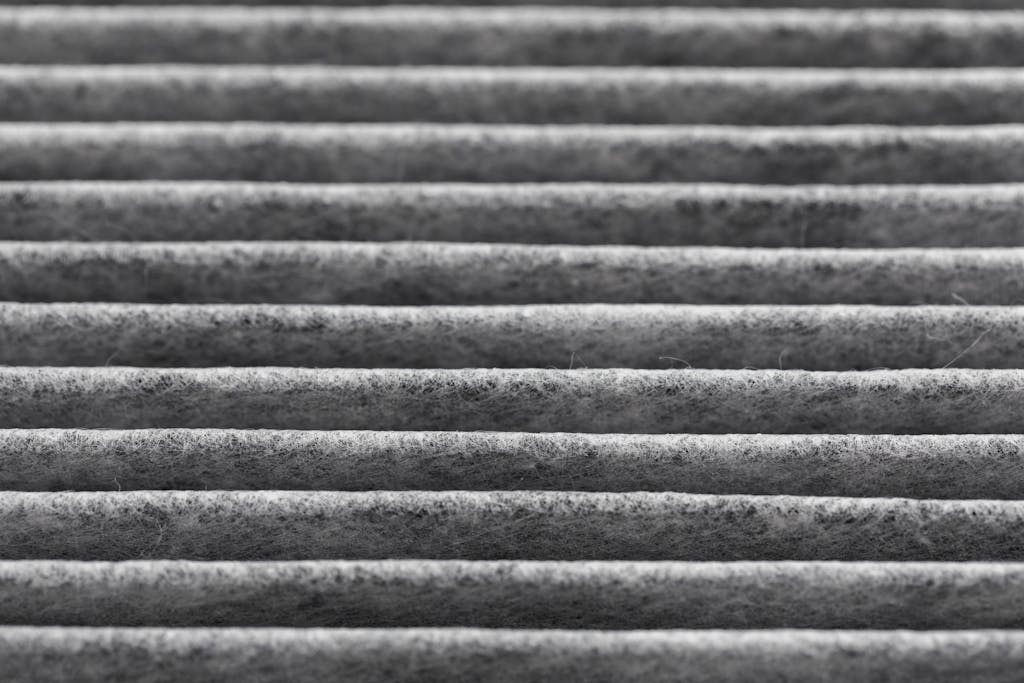While working in retail transformation, the need to better understand the quality of the air in stores has surfaced multiple times recently.
Having already purchased several air purifiers for home, I had reviewed quite a lot of material on the topic. Now with the pandemic, interest in a more precise way of monitoring air quality has increased. This is in parallel with the need to ensure work and customer facing environments are being sanitised.
For all the information that you read about miracle mobile solutions that could be used at home, official findings push back on such principles: "By itself, air cleaning or filtration is not enough to protect people from COVID-19". Such air filtering machines need to filter particles "in the size range of 0.1-1 um". There are air filtering machines that use other technologies like bipolar ionisation and you should look for those that comply with the 'UL 2998 standard certification'.
We have also seen marketing material for products that use UV light to sanitise work stations and UV systems that can be installed in the HVAC systems. UV lights have been shown to destroy the outer protein coating of the SARS-Coronavirus, but it requires a specific wavelength (222nm). With this technology that you should thoroughly read up on if you plan on using it does seem that industrial grade versions are often used to sanitise surfaces but UV is harmful to humans so should not be used without taking proper precautions, especially if it is an industrial grade UV.
I have not yet seen peer reviewed evidence of a system that can work in HVAC systems. I have seen the theory of HVAC UV systems documented, notably the speed at which air is pumped through, the time a pathogen would be exposed to UV light and the adequate number of sufficiently powerful germicidal UV lamps, placed at minimum intervals and the ability for such a system to reach a 99+%. It would be fairly expensive to implement and maintain, so it's unclear at present whether many stores will put such systems in place. For hospitals and medical facilities, such types of systems would complement what is already in place. For offices where employees occupy the same place/space 5 days a week, this may also be a worthy investment. If we switch from a pandemic to an endemic situation with Covid, such approaches may become necessary for employee and customer safety and also to take part in the virus's eradication.
My takeaway, although I'm not an expert in the matter, I need to understand what options there are, and how efficient they are. I also need official peer reviewed documentation and data to support the claims of such systems. The current Coronavirus we are confronted with, the mutations and variants are getting more and more efficient at spreading via air, so sultions to destroy it within closed environments are important so that we can monitor and control the situation. It is of course important to sanitise surfaces, but the ability to monitor the quality of indoor air for commercial venues is a key tool and reassuring for customers & employees alike.
It is obvious that any system that can destroy both airborne germs and viruses will be a great asset but being able to monitor, track over time and report on its efficiency would be very reassuring. As indicated anything being able to monitor and destroy viruses like Covid will be able to manage other airborne pathogens and so help to reduce their propagation and general impact on society. Such systems should be able to offer companies the ability to monitor and stop VOCs, spores and the pesky hay fever inducing allergens for example. Like the above UV solution, though such systems require investment from landlords and/or companies.
It is also where my home air purifiers, efficient as they may be for a single room, are not viable for larger stores, or other commercial buildings unless it is a very temporary solution. Even then, portable air purifiers are, by design, limited in the surface they can cover.
Today's conversations are invariably about masks and vaccines, having become a political debate in some countries. But people often forget about the quality of the air we breathe. If a solution to rid us of Covid in the air, while also improving air quality exists, who would say no?
When you look at malls, stores, cinemas, entertainment outlets etc. where people are grouped together indoors, it makes sense to reassure people about the quality of the air they breathe. Installing systems to clean the air is one part, but also a standard way of informing people about indoor air quality would reassure people while promoting air quality standards.
I also hope that implementing such systems will then extend out to the general public not just systems that only businesses can afford. To provide us with air purification solutions that are both safe and efficient in destroying germs, VOCs, allergens and unwanted viruses in our homes.
